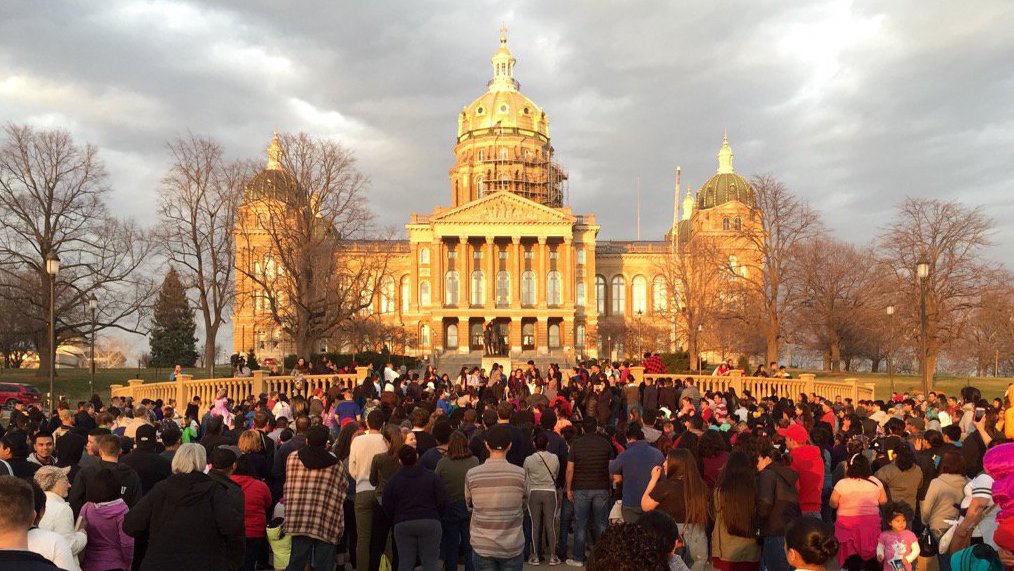Third in a series interpreting the results of Iowa’s 2018 state and federal elections.
At least three and possibly four newly-elected members of the Iowa House had campaigned unsuccessfully for the same seats in past election cycles. Three newly-elected members of the Iowa Senate lost elections for other offices in recent years.
They join a long list of Iowa politicians–including Tom Harkin and Kim Reynolds–who did not win the first time they sought a legislative office.




